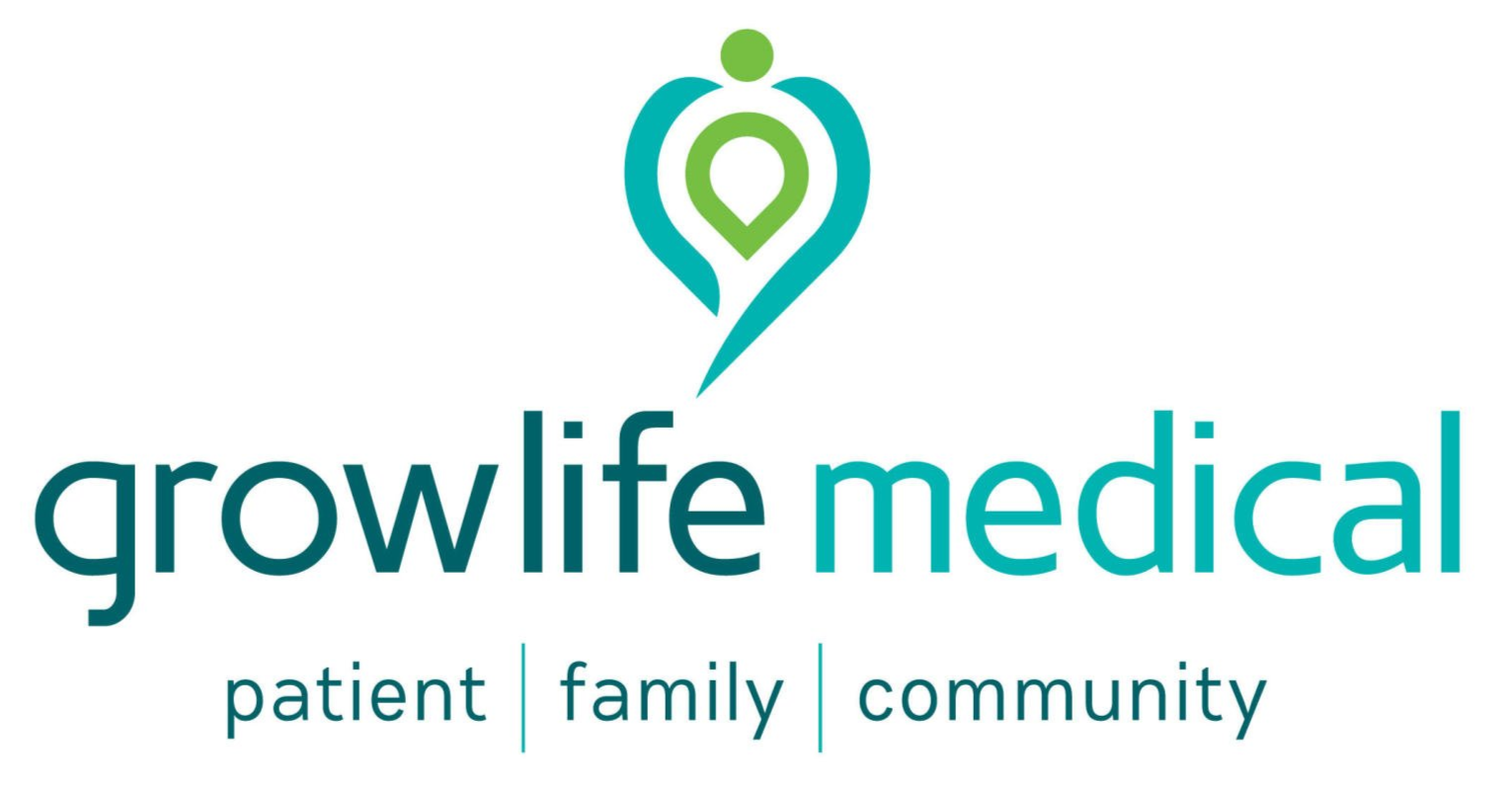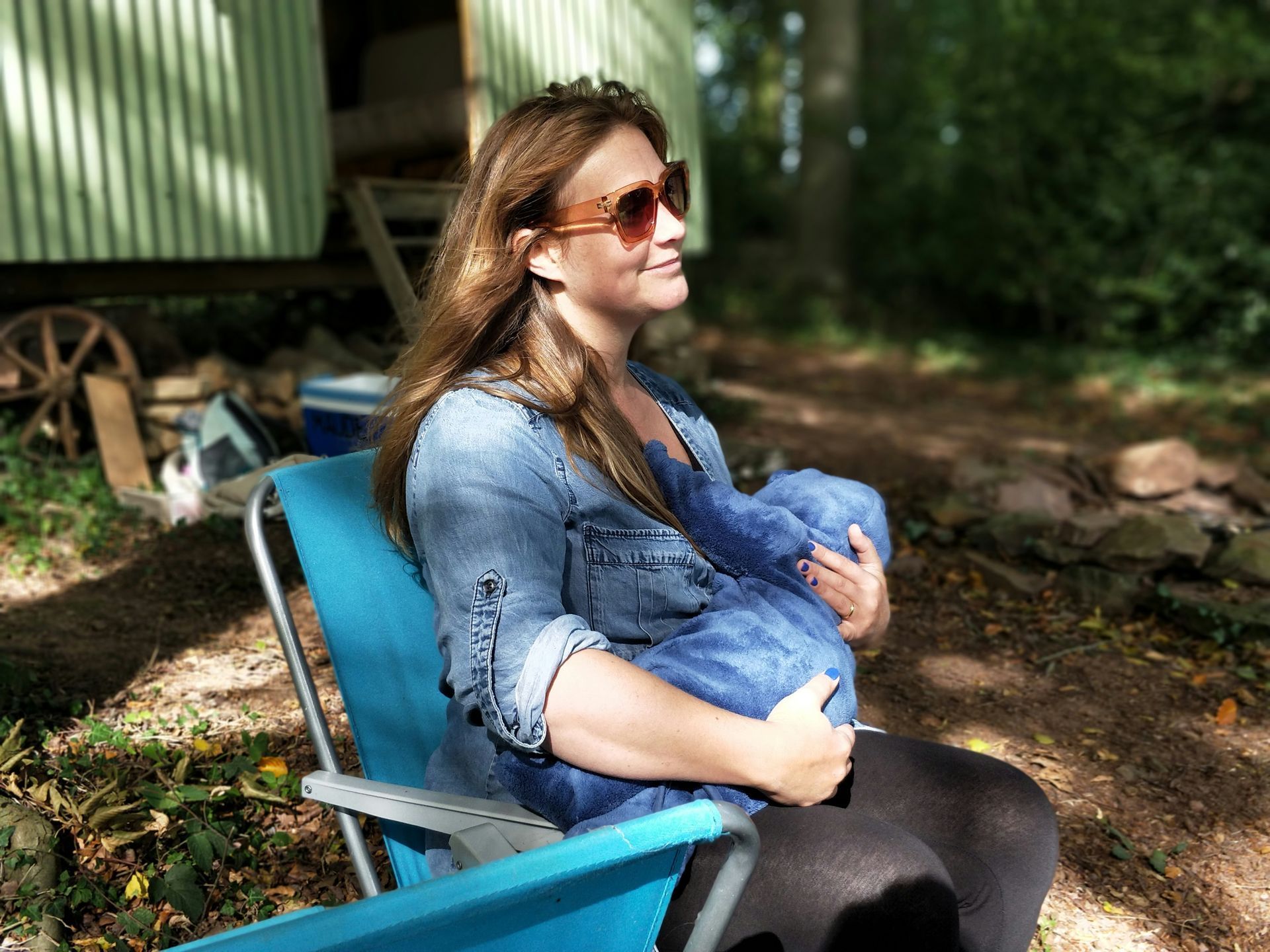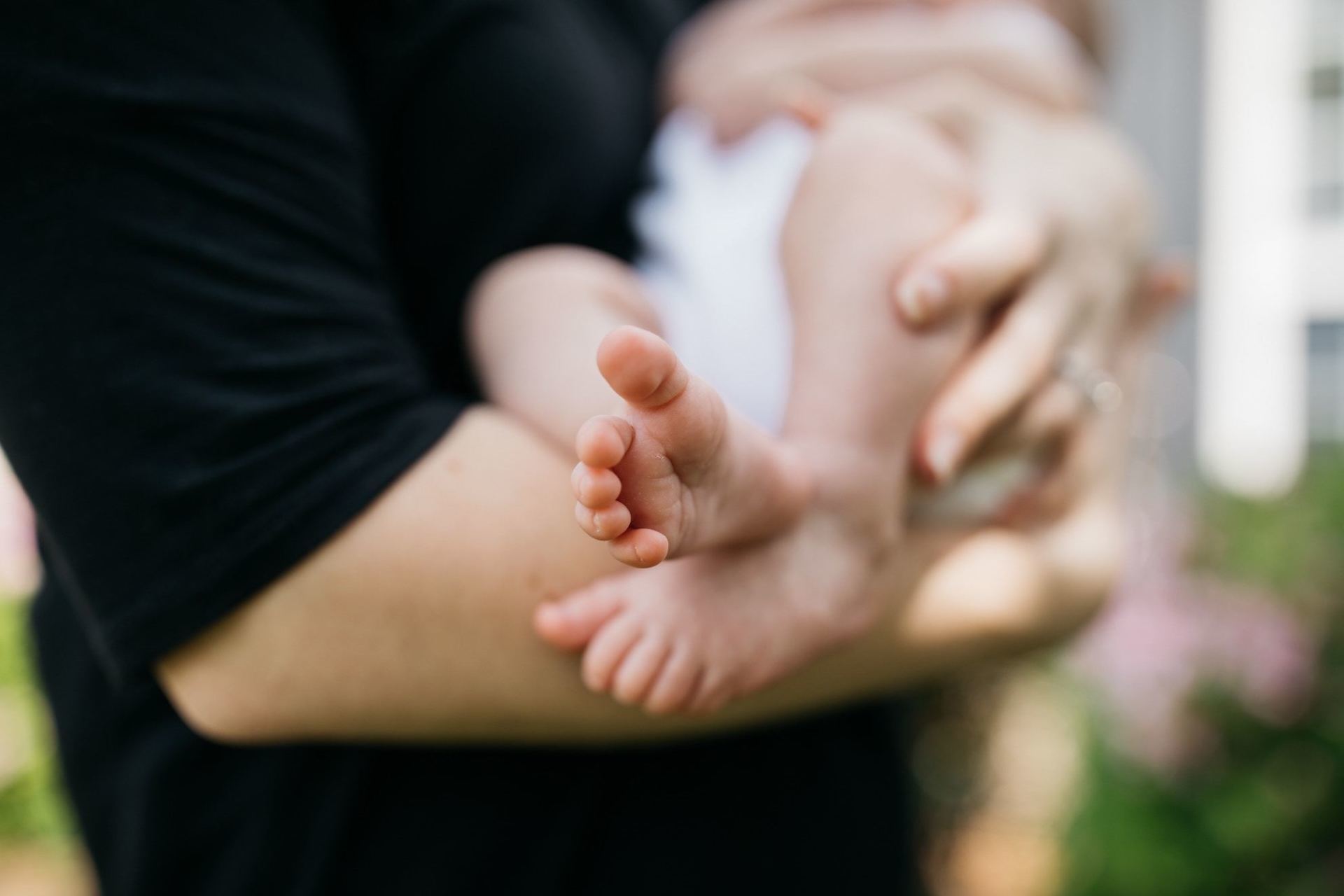Postnatal Recovery, beyond the first 6 weeks.
Katie Barry
Returning to exercise after having a baby can be daunting, and for many women, they are unsure of where to start or where to seek advice. Like so many other aspects of parenthood, there isn’t a simple rule. There are, however, some fantastic guidelines we can follow to help ensure a safe return to exercise and every day activities. The evidence directs us towards low impact, controlled activity in the first 6 weeks where we are aiming to maximise natural recovery and facilitate healing and gentle strengthening of the pelvic floor and abdominal muscles.
Growlife Medical are experienced in caring for you after a pregnancy. Please contact us today for advice.
When can I return to exercise after pregnancy?
It’s a common misconception that reaching the 6 week milestone means that one should be back to their pre-pregnancy clothes, running, attending exercises classes and physically functioning as they were prior to pregnancy. The body has been through a tremendous change from conception to birth and recovery extends far beyond 6 weeks. This journey of recovery is different for every woman and after 6 weeks, some women may be ready to increase their exercise intensity, while others may need a little more time. To help you make an informed choice about resuming activity, I encourage all women to have a thorough postnatal assessment from a qualified physiotherapist who works in Women’s Health and 6 weeks postnatal is a great time to do this. This involves a discussion regarding any concerns or symptoms you may be having and your goals.
Common pelvic floor issues after pregnancy
An examination of the abdominal and pelvic floor muscles should also be done to provide specific feedback on recovery and guidance on appropriate exercise to ensure that strengthening is optimised and not jeopardised by returning to exercise too quickly. There are some common, but certainly not normal symptoms that can occur after having a baby such as:
- Urinary incontinence
- Faecal incontinence
- Pelvic or vaginal pressure
- Sexual dysfunction
- Perineal pain
It's not too late to seek help
Despite how far down the postnatal journey you are, it’s never too late to seek help. We can work with you to improve and potentially resolve your symptoms. Every woman deserves the opportunity to maximise their function and return to a level of activity that makes them happy. As a physiotherapist who works with postnatal women, it’s a real joy to help facilitate this. So, please consider investing in yourself. See a physiotherapist who works in Women’s Health and get the guidance you deserve to improve your strength and function.
Growlife Medical Are Postnatal Experts
At Growlife Medical we have Brisbane's most comprehensive team of professionals to help your growing family thrive. Our multidisciplinary team consists of Midwives, GPs, Women's Health Physiotherapists, Paediatric Nurses, Paediatricians, Lactation Consultants, Psychologists and Breastfeeding Counsellors.
This article was written by Katie Barry, Physiotherapist at Movement Solutions Physiotherapy. We partner with Movement Solutions to provide outstanding paediatric, women's health and pelvic floor physiotherapy. Movement Solutions consult regularly from Growlife Medical Sherwood.







